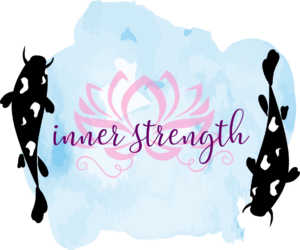Feeling SAD?
You are not alone.
Do you feel like you get down, sad or moody during the fall and winter?
You are not alone.
Some people think it is just situational, but it may be more.
Seasonal affective disorder (SAD) is a type of depression that’s related to changes in seasons — SAD begins and ends at about the same time every year.
Many people feel that their symptoms start in the fall and continue into the winter months. You may cry more or be more moody.
Less often, SAD causes depression in the spring or early summer.
Signs and symptoms of SAD may include:
- Feeling depressed most of the day, nearly every day
- Losing interest in activities you once enjoyed
- Having low energy
- Having problems with sleeping
- Experiencing changes in your appetite or weight
- Feeling sluggish or agitated
- Having difficulty concentrating
- Feeling hopeless, worthless or guilty
- Having frequent thoughts of death or suicide
Fall and winter SAD
Symptoms specific to winter-onset SAD, sometimes called winter depression, may include:
- Oversleeping
- Appetite changes, especially a craving for foods high in carbohydrates
- Weight gain
- Tiredness or low energy
Spring and summer SAD
Symptoms specific to summer-onset seasonal affective disorder, sometimes called summer depression, may include:
- Trouble sleeping (insomnia)
- Poor appetite
- Weight loss
- Agitation or anxiety
Treatment for SAD
May include light therapy (phototherapy), medications and psychotherapy.
Don’t brush off that yearly feeling as simply a case of the “winter blues” or a seasonal funk that you have to tough out on your own. Take steps to keep your mood and motivation steady throughout the year.
Seasonal changes in bipolar disorder
In some people with bipolar disorder, spring and summer can bring on symptoms of mania or a less intense form of mania (hypomania), and fall and winter can be a time of depression.
When to see a mental health professional
It’s normal to have some days when you feel down. But if you feel down for days at a time and you can’t get motivated to do activities you normally enjoy, seek out a mental health professional. This is especially important if your sleep patterns and appetite have changed, you turn to alcohol for comfort or relaxation, or you feel hopeless or think about suicide.
